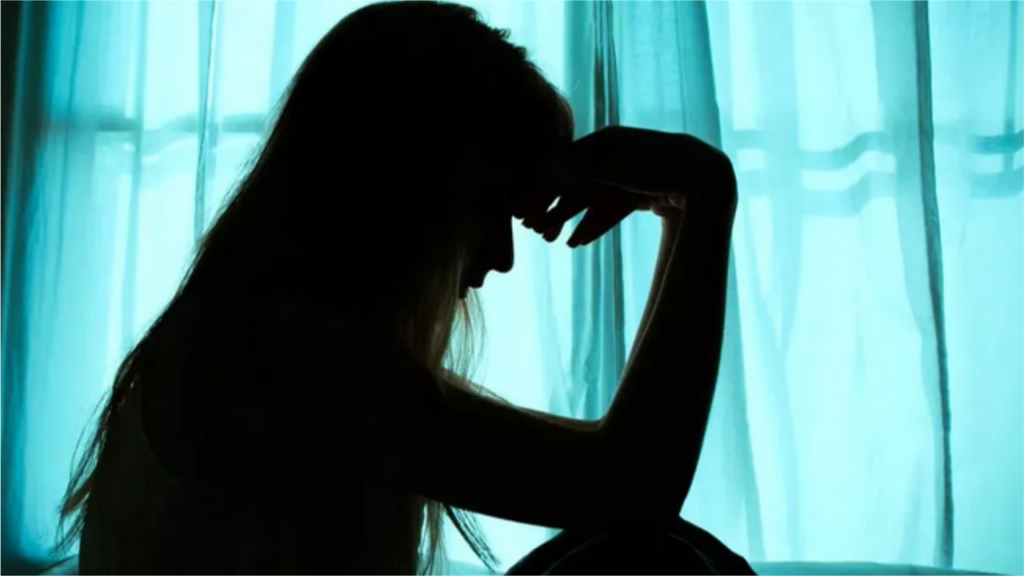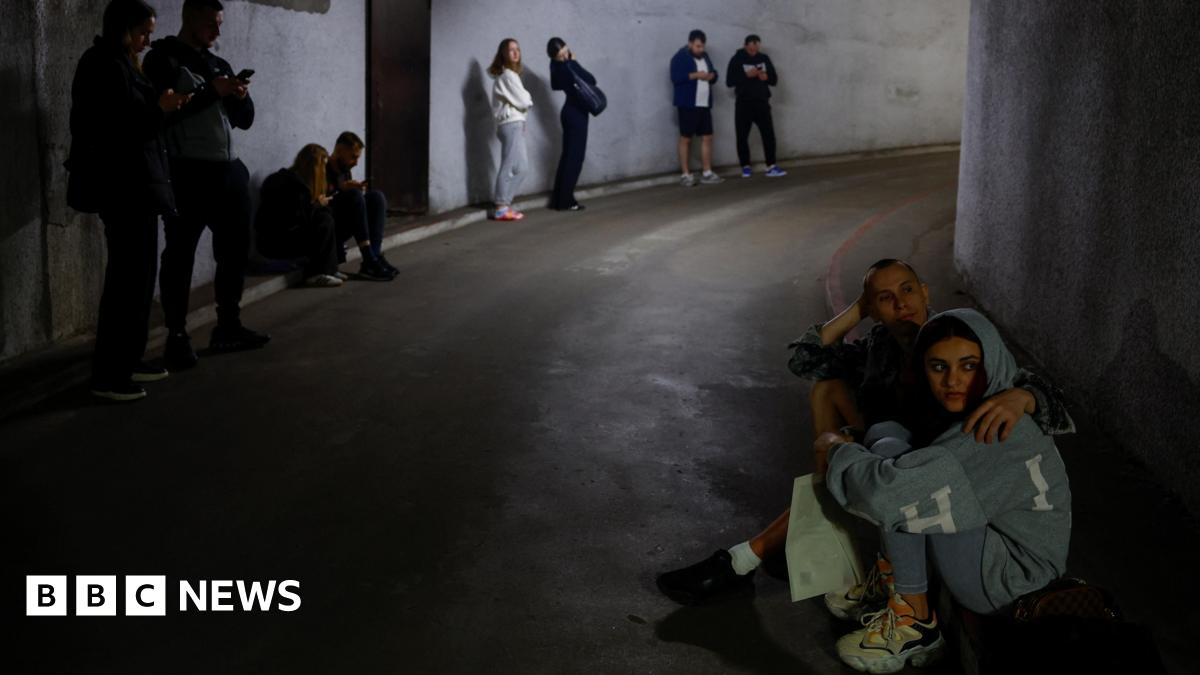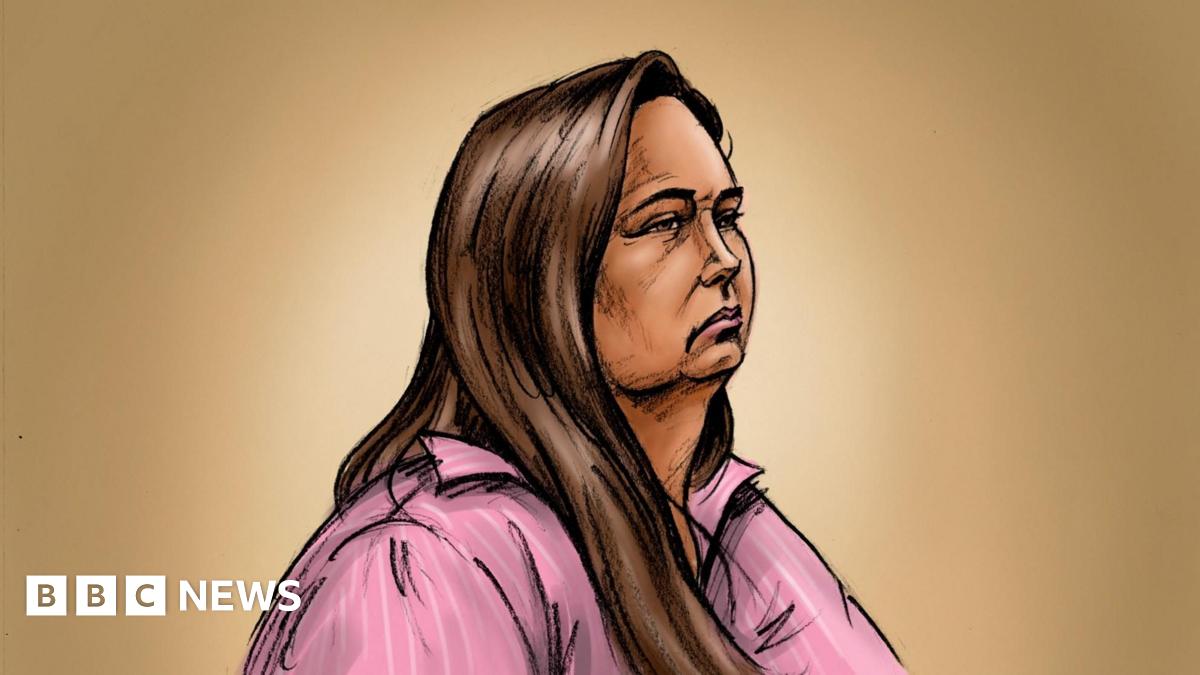Trial Gets Underway in Death of Teen Whose Family Alleges Was Killed by Hospital COVID Protocols

Source: Children’s Health Defense
Jury selection began today in a “landmark” trial alleging the wrongful death of Grace Schara, a 19-year-old with Down syndrome who died in a Wisconsin hospital days after being admitted for a COVID-19 infection and low oxygen levels.
It’s the first jury trial in the U.S. for a death listed as COVID-19 on the death certificate.
Grace’s family sued Ascension St. Elizabeth Hospital in April 2023, and filed an amended complaint in July 2023, alleging the hospital’s COVID-19 treatment protocols directly resulted in Grace’s death in October 2021.
The lawsuit includes an allegation of medical battery, a standard of intentional harm beyond medical negligence by doctors and other providers.
According to the complaint, the hospital was financially incentivized to implement COVID-19 protocols that allegedly caused Grace’s death, including administration of three contraindicated medications — Precedex, lorazepam and morphine — and that it implemented a “Do Not Resuscitate” (DNR) order over her family’s objections.
The State of Wisconsin Circuit Court for Outagamie County will hear the case. In a media advisory issued last week, Grace’s family said the trial will examine allegations of negligence, lack of informed consent, and medical battery and that the case “could have broader implications for accountability in U.S. healthcare.”
The lawsuit names 14 defendants, including Ascension Health, five medical doctors and four John Doe medical providers, two registered nurses, and the Wisconsin Injured Patients and Family Compensation Fund.
“This bellwether case is about something much bigger than mere malpractice, and its impact will reverberate nationally,” Grace’s father, Scott Schara, said in July 2023. In November 2023, Schara told CHD.TV that the key purpose of his lawsuit is to overturn “a legislative immunity” surrounding the medical profession.
Attorney Warner Mendenhall, who leads the Schara family’s legal team, said during the CHD.TV interview that the case is “helping to carve a pathway for other families.”
Mendenhall said:
“Our goal is simple: Save lives. That’s why this case is first about the lack of informed consent — a battery — leading to negligence and malpractice, which then resulted in wrongful death. Moreover, this case is about protecting the public from doctors unilaterally placing DNR orders on patients. If we would have had informed consent, Grace would be with us today.”
Schara told The Defender in August 2024 that through his lawsuit, he seeks not only to obtain justice for his daughter’s death but also to expose broader corruption in the medical and legal systems.
“I’m doing this because my daughter is dead and I do not want this to happen to anyone else, including the defendants’ kids,” Schara said.
Family alleges hospital was incentivized to implement deadly COVID protocol
Grace’s ordeal began on Oct. 1, 2021, when she tested positive for COVID-19 using a home testing kit. Five days later, her oxygen saturation had dropped to 88%. Her family took her to a local urgent care facility and, subsequently, to Ascension St. Elizabeth’s Hospital.
At the hospital, the emergency room physician told Schara that his daughter would be placed “on oxygen and steroids for three or four days” and would return home.
However, the lawsuit alleges that Grace was given a knowingly lethal blend of drugs without informed consent from her parents. When Grace’s father protested, an armed guard escorted him out of the hospital.
According to the complaint, doctors and nurses “fraudulently labeled [his daughter] as a DNR [Do Not Resuscitate] patient, administered a lethal drug cocktail known to kill” and blocked attempts to save Grace’s life.
Schara told The Defender in August 2023 that in the time between Schara’s removal from the hospital and his daughter’s death, Grace was sedated with Precedex — a sedative produced by Pfizer “that should never be used with COVID,” and that doctors increased the dose six times.
Hospital staff also repeatedly asked Grace’s parents to approve placing her on a ventilator. They refused.
“We never approved it, nor should anybody approve a ventilator when somebody has a COVID diagnosis,” Schara said in August 2023. “A ventilator has a 90% kill rate with COVID, so why do it? And it’s simply because of the financial incentives.”
Schara was referring to financial bonuses available through the Coronavirus Aid, Relief, and Economic Security, or CARES Act, for hospitals that applied the Centers for Disease Control and Prevention’s (CDC) COVID-19 hospital protocols. The protocols include the use of ventilators and the implementation of DNR orders.
Although Grace’s family didn’t agree to placing her on a ventilator, Schara said her room was nevertheless “classified as an ICU room” — a classification that brings hospitals more money under CDC protocols, he said — “even though Grace never changed rooms, nor did the care change.”
On Oct. 13, 2021, the day Grace died, doctors entered a DNR order for her without her family’s knowledge. Schara told The Defender in August 2023 that this order was “illegal.” He also said that doctors subsequently restrained Grace and administered lorazepam — an anxiety and seizure medication — and morphine in a 29-minute window.
“Grace was getting the maximum allowable dose of Precedex, two doses of lorazepam and morphine, which nobody could have survived. That’s what you give hospice patients in their last half hour of life,” Schara said.


This article was funded by critical thinkers like you.
The Defender is 100% reader-supported. No corporate sponsors. No paywalls. Our writers and editors rely on you to fund stories like this that mainstream media won’t write.
‘You can only conclude that the money was behind it’
According to Schara, the hospital stonewalled the family’s requests for Grace’s records, initially producing only about 300 pages. A medical malpractice nurse who reviewed the records told the family approximately 1,000 pages were missing, explaining this was “standard practice.”
On filing the lawsuit, the Schara family received 948 additional pages of documents. Lawyers told the family “there are a lot more records” that the hospital would be obliged to produce through a subpoena.
Schara told The Defender in August 2023 that the family reviewed the records “with a fine-tooth comb” to figure out what happened. “You look at the phone records, the detailed medical records … you can only conclude that the money was behind it.”
In October 2023, the court rejected the defendants’ motions to dismiss the case. At a pre-trial hearing on May 19 and 20, the court rejected additional motions by the defendants, allowing the full case to go to trial.
Since Grace’s death, Schara has become an advocate for victims of the COVID-19 hospital protocols and their families. He launched a podcast, “Deprogramming with Grace’s Dad,” and produced a documentary, “Breaking the Oath: Unauthorized,” chronicling Grace’s and other victims’ stories.
“We’re … really into this to shed light on the corruption going on in both the medical-industrial complex and the legal-industrial complex,” Schara told The Defender in August 2024. “We’re hoping Grace’s case exposes that and sheds light on this evil.”
Related articles in The Defender
- Lawsuit Alleging Hospital’s COVID Protocol Caused Death of 19-Year-Old to Move Forward After Judge Grants Partial Win in Gag Order Motion
- Landmark Lawsuit Alleging Medical Battery Killed 19-Year-Old With Down Syndrome Will Go to Trial
- Exclusive: Dad Describes Hospital’s COVID ‘Protocols’ He Believes Killed His 19-Year-Old Daughter
- Witness to Tragedy: ‘Huge’ Financial Incentives Led Hospitals to Use COVID Treatments That Killed Patients
- ‘Before They Scrub This History’: Group Documents Stories of COVID Protocol Victims














